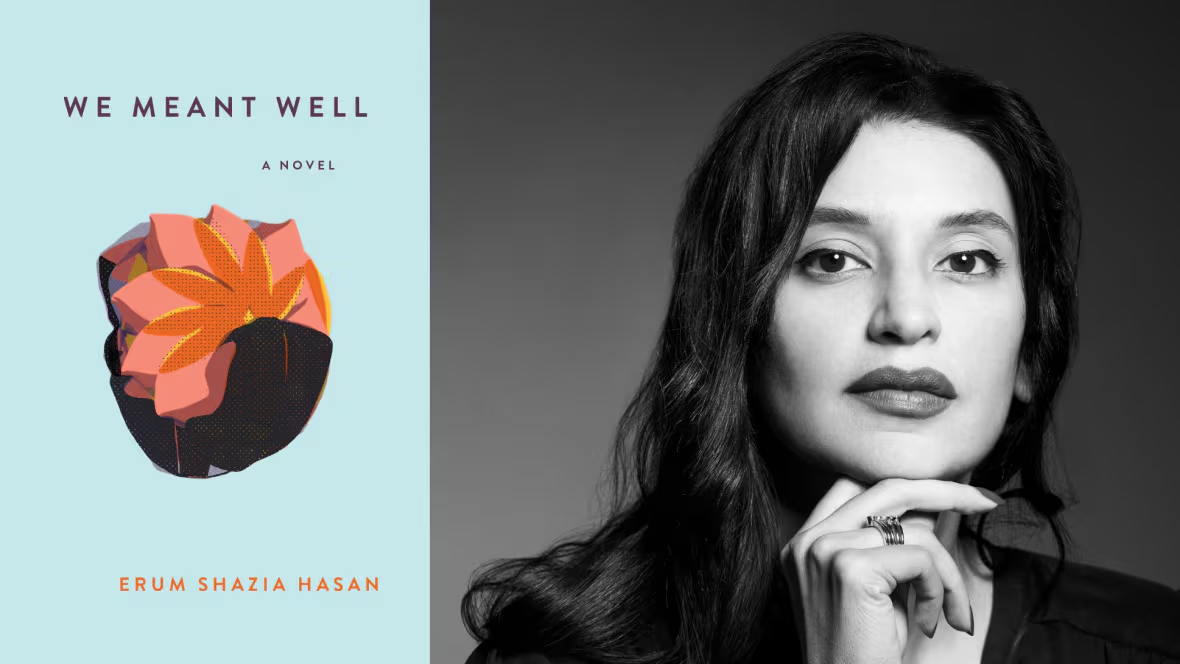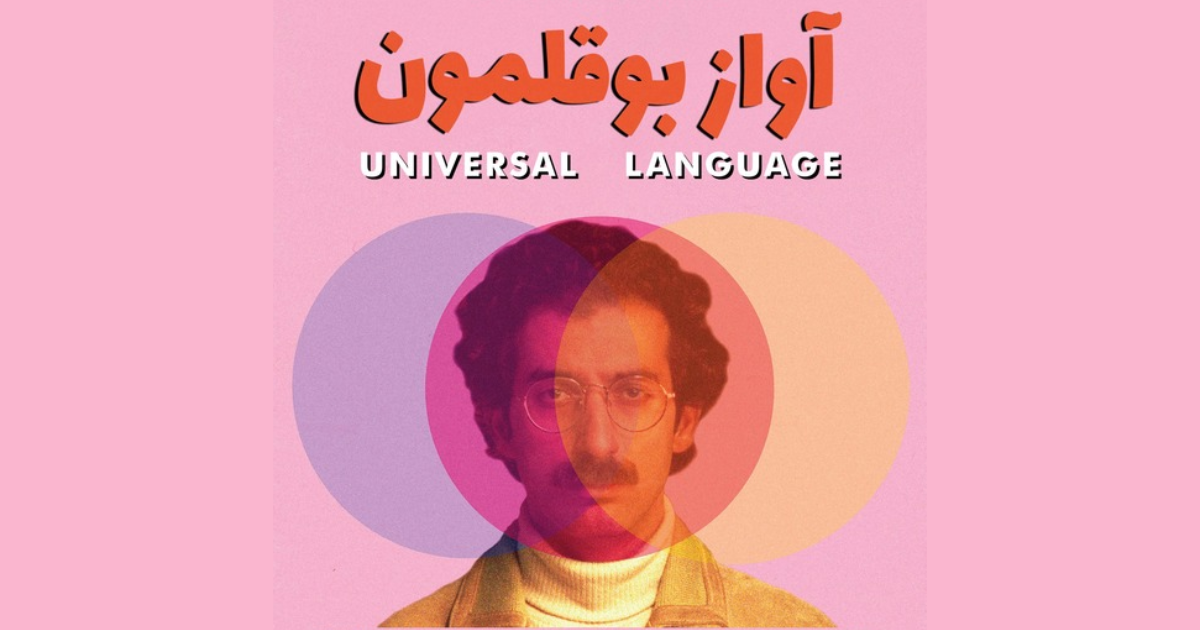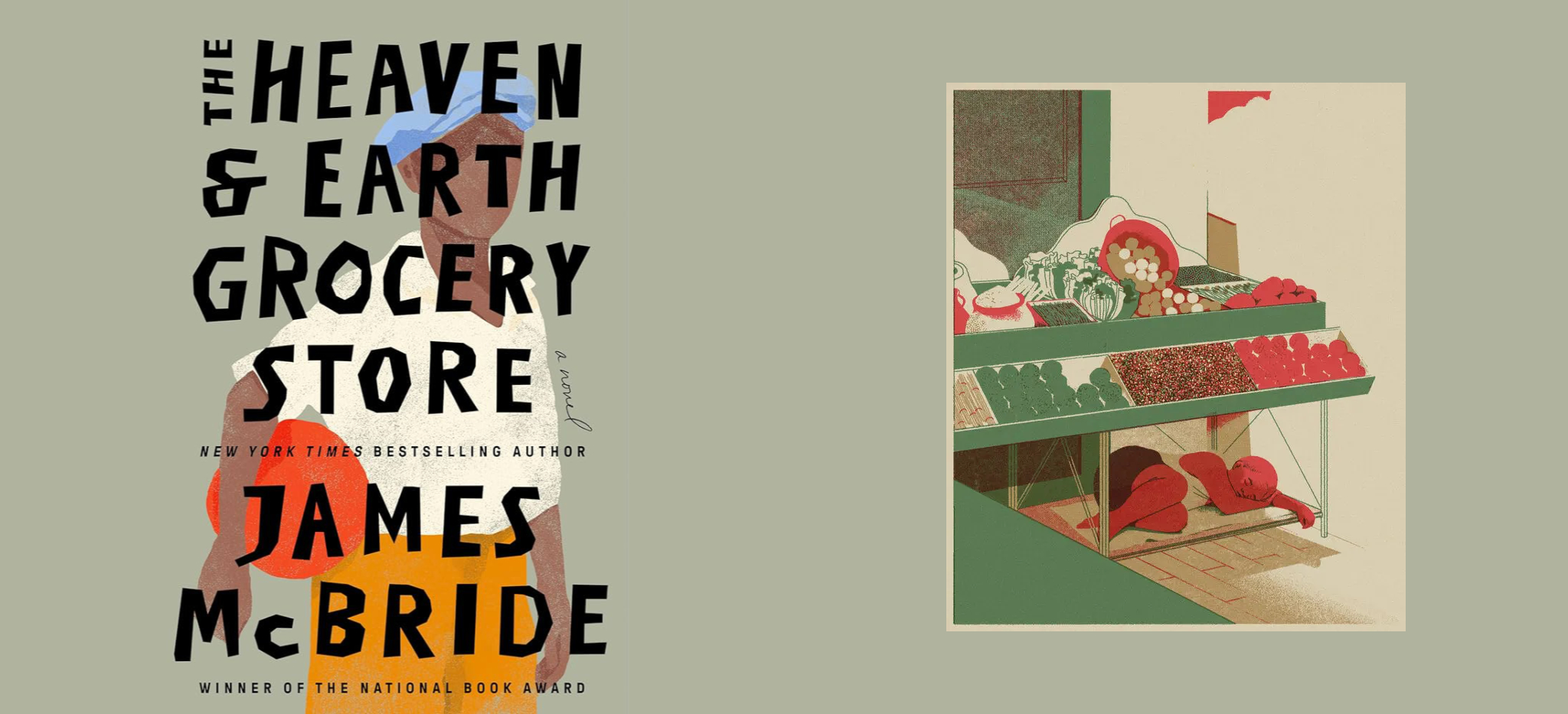Appearance
← Back Home
Review: We Meant Well (2023)

What does it really mean to do right by people? I kept coming back to this question over and over again as I flew through We Meant Well by Erum Shazia Hasan. This novel follows Maya, a Bangladesh-born, American-raised woman who works for a charitable non-governmental organization (NGO) that operates orphanages in a fictional village in Africa called Likanni. She is called to diffuse a sudden crisis that has occurred at the NGO's office: one of her male staff has been accused of sexually assaulting a young intern.
I was so impressed by the deep layers of thought that went into this novel as it grappled with the concept of colonization, the harms of international aid, racism (internalized and externalized), and the meaning of solidarity. It offered a very realistic interpretation of both the benefits of NGOs and also the ways they continue to abuse and take advantage of the people they provide aid to. For instance, a mining company comes to Likanni and promises jobs and wealth to the local people, which appears positive at first, but before long it's clear the company has made deals with local militias to relocate entire villages for the mining project. This leads to massive displacement, with people being violently ripped from their homes. Eventually, because destabilizing an entire region is rife kindle for destruction, a huge fire breaks out. To the average person who does not have this backstory, it would be easy for them to think "these people can't have anything good.” For those of us that know better, this drives home the point of how these developing countries continue to get taken advantage of by corporations and foreign governments, even under the guise of betterment and local development.
On a personal level too, this novel explores the motivations behind those who do humanitarian work. Maya often reflects on what drew her to that work, the urgency of it, the pace, the satisfaction of knowing you have made a difference. Others aid workers are described as more voyeuristic - "sorrowfully passionate about the deprived, wanting to connect with the spirit of humanity to feed their own bottomless pits of despair." Worst of all, some are "meek in the first world, [coming] to these parts to exercise some form of power." On the other hand, we meet one couple in the novel that has an entirely different approach. Tommy and Seher are a privileged couple from New Zealand and Pakistan respectively who met in university and decided to devote their entire lives to Likanni. They learned the local dialects, converted their passports and now live among the locals, using their wealth to build a huge greenhouse on their land that feeds 30+ local families. One of my favourite quotes in the book comes from Seher, who says "you have to live your politics, otherwise you are bullshit." To me, this couple represents the moral heart of the novel, an example of true, selfless humanitarianism, but they also portray the absolute sacrifice and dedication it takes that most people do not embody. Even if we're not aid workers in a foreign country, I think many of us often don't stand by what we believe in due to inconvenience - what does it mean to be anti-racist, to be abolitionist, to stand in solidarity with Palestine? Are we actually doing the work?
On top of all these different existing complexities lies the main conflict in the novel - an alleged sexual assault that took place in the company's office. Mark, Maya's white, French co-worker whom she has known for 10 years, is accused of raping Lele, a remarkably bright, hardworking 20-year-old intern from Likanni whom has been working for them since she was a child. Here we face questions that often present themselves in these situations: who do we believe? How do we go about punishment? What rippling effects will this have on the community? Can people be capable of causing immense harm while also doing good simultaneously?
I think this idea comes up again and again, both in this book as well as many other forms of media, of what it means to be a good person. In one part of the novel, Maya reflects on the harms caused by the mining company that displaced hundreds of families in Likanni and how despite dedicating her life to improve circumstances in that village, her mutual funds back home support that same mining company. It made me think back to the show "The Good Place" which I would highly recommend if you haven't gotten around to watching it over the past 10 years. There, it is revealed that it is actually impossible for anyone living in our current society to go to heaven or "The Good Place" when they die, due to the interconnected capitalist nature of our society. No matter how much you try to do right by others, every purchase you make, every action you take, likely compounds and connects back to a megacorporation that uses slavery, or burns forests, or some other vast, undeniable harm, and the total weight of this "bad" is immeasurably more than any good you can do as a person.
Personally, I think the beautiful part of this is that most people, despite knowing this, still try to do their best. As our moral compass Seher says in the novel, "You know what is inspiring? The trust humans display for each other every single day. You got in a car and you trusted the driver would bring you here. You trust the food I give you won't make you sick. The people you work with trust you have their best intentions at heart. Those infinite moments of human trust dwarf the cruelty, the politics, everything, really.”
All of the above provided an incredible setup for the events of the novel. Hasan's writing is expansive, painting a beautiful picture of the stunning landscape of Likanni all while depicting the injustices of the situation with brutal honesty. I was engaged the whole time, flying through the novel in only a few days. The first half was stronger than the second half, perhaps as though Hasan was very clear in the message she wanted to portray but not the exact sequence of events that would drive that point home. It did delve into a bit of melodrama towards the end. However, I think it still stands strong as a truly original depiction of the challenges everyone, both individual people and organizations, go through in their attempt to do good. Sometimes, meaning well just isn't enough.


